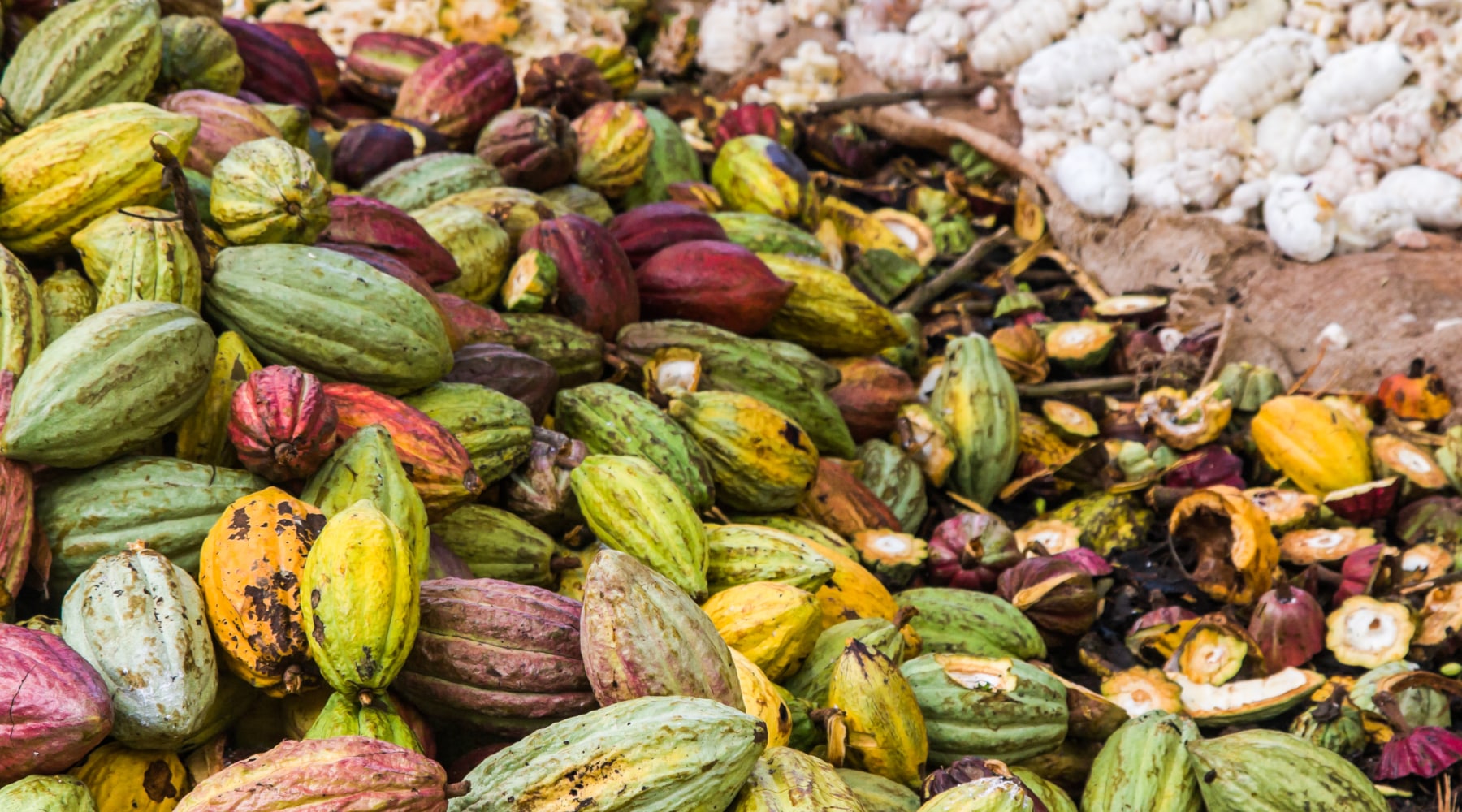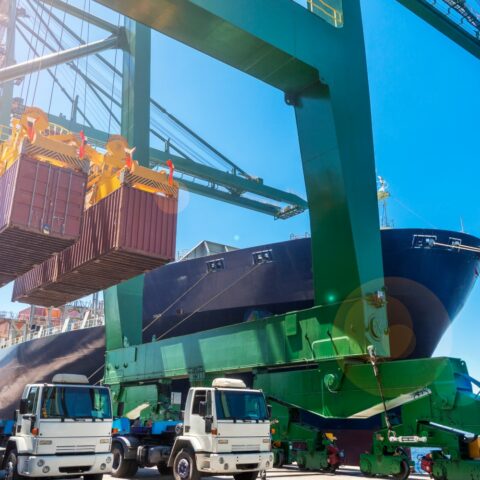The Challenge
In Nigeria, the costs associated with import and export documentation are among the highest in Sub-Saharan Africa. Comprehensive documentation and inspections are vital to protecting consumer safety and ensuring that traders comply with regulations. But compliance also adds time and cost for both public and private sectors.
At the Murtala Mohammed International Airport (MMIA) in Lagos, traders often had to provide the same information numerous times to different agencies, increasing administrative burden as well as the scope for errors. In addition, they could face multiple physical inspections of their goods by different agencies, creating significant delays to shipments.
What We Did
In partnership with private sector terminal operators and freight forwarders at MMIA, the Alliance supported and facilitated formal consultations involving various border control agencies to improve coordination among them. This was complemented with extensive trainings to build capacity in all actors to appreciate and drive forward trade facilitation reform.
The Alliance also helped produce a policy paper providing advice on how regulatory agencies at borders might better coordinate their activities. To improve relations between business and government, we hosted numerous public private dialogues, at national level as well as at MMIA.
The Impacts
The Alliance’s work in Nigeria has had immediate, positive impacts. Private sector stakeholders, particularly freight forwarders, have confirmed the sustainability of private sector engagement, with formal consultations taking place independent of Alliance involvement. These regular dialogues have increased trust among border control agencies and with the business sector.
The inter-agency consultations at MMIA have improved communication between actors, helping to clear up blockages and address obstacles hindering cargo clearance. For example, the piloting of new Standard Operating Procedures (SOPs) for joint inspections of cargo has paved the way for faster clearance times for goods and an improved working environment. These SOPs are now also being presented to decision-makers for potential roll-out to other border posts. Increased trust among agencies also bodes well for closer collaboration. In 2023, the NCS and the National Drug Law Enforcement Agency (NDLEA) signed a memorandum of understanding, promising future cooperation at national level.


 Nigeria
Nigeria

